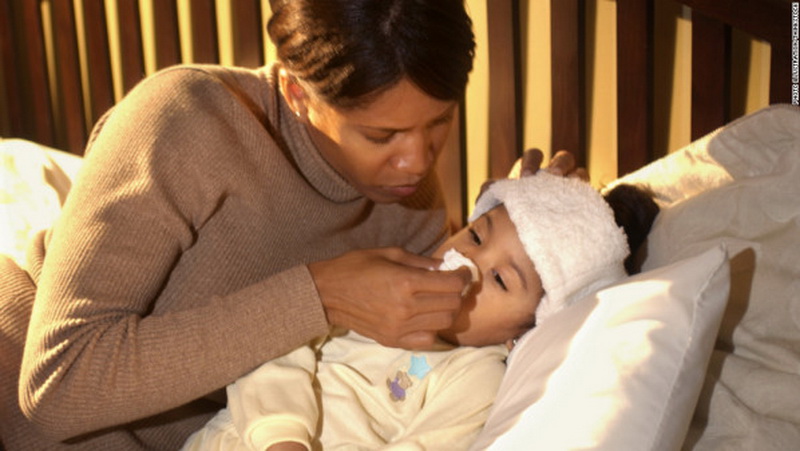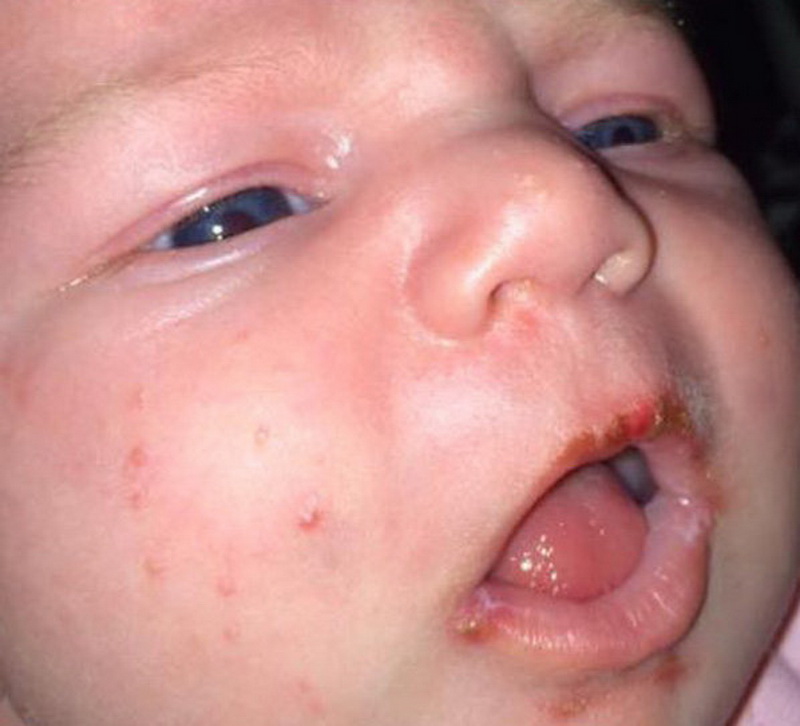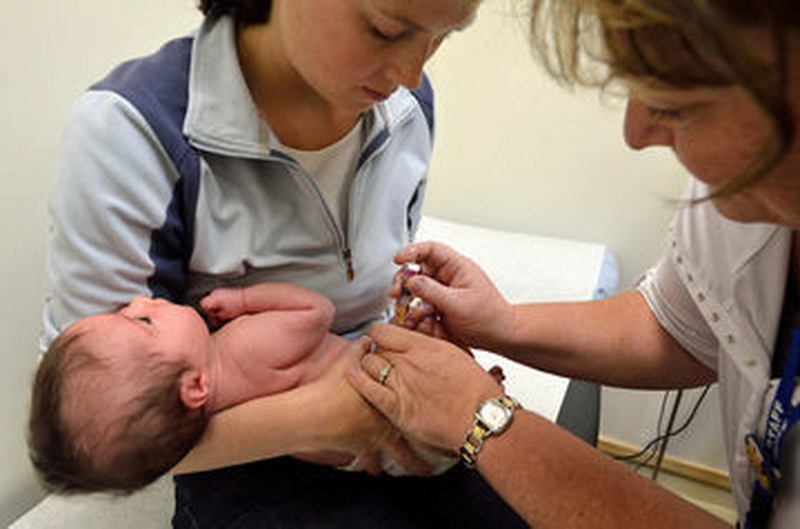The seasonal outbreak of flu and many other infections are usual happenings common to all countries spread across the World. The increase in the number of flu cases and new types of flu has been the cause of concern prevailing in the medical industry as well as among the patients. A new type of illness which is referred to as Respiratory Syncytial Virus (RSV) is on the rise along with the other types of Flu.
RSV is not new to humans and many of the parents have been aware of this for many years now. There is still a portion of parents who might not even have heard of this flu. If we put it in a simple manner even such ignorant parents will be able to correlate this to their experience and understand what RSV is all about
The virus that causes RSV is the same one that causes the highly common cold infecting children when they are 2 years of age. The reason why many parents are ignorant of RSV virus is that it causes symptoms that are usually caused by common cold. It gradually gets better over the period of time. So, most of the parents consider this as a normal cold never suspecting it for a Respiratory Syncytial Virus.
Only when a very little percentage of children get affected by Bronchiolitis do parents start suspecting that the infection is something more than the common cold. Bronchiolitis is basically an inflammation caused in the air passages of the lungs which are tiny in space. Young aged children and babies are prone to get affected by this type of inflammation. Among the children who get affected by this inflammation, significant issues are caused in a little chunk of children.
In particular, newborn babies and premature babies tend to face high levels of risk when Respiratory Syncytial Virus affects their lungs. The danger that such young ones has when their lungs get infected with Respiratory Syncytial Virus is that bronchial issues and Pneumonia sets in easily in them putting their very living at stake.

RSV is not new to adults also. It has been affecting people for many years now and is of a recurring type. Many adults have time and again been affected because of this virus without even knowing that it is Respiratory Syncytial Virus. It is to be noted that Respiratory Syncytial Virus affects in a severe manner the first time when it attacks a person and is not so heavy during the subsequent infections.

RSV usually attacks people between late fall and early spring. It keeps attacking people in many forms and they are generally referred to as Parainfluenza, Human Metapneumo Virus (hMPV) and Adenovirus. While all these are general respiratory issues, one of the bacterial diseases caused by Respiratory Syncytial Virus is Pertussis which is nothing but the whooping coughs most of have experienced many a times. We get treated for Whooping cough without being diagnosed through tests and so many a times we don’t consider it as one caused by Respiratory Syncytial Virus[adinserter block=”16″]
Respiration-related symptoms and cough go hand in hand and so unless in-depth tests are taken it is really hard to find out what causes what. However, one finding says consuming foods rich in Vitamin D and Vitamin D supplements during pregnancy may protect children from getting affected by Respiratory Syncytial Virus
While one of the hospitals in Massachusetts has recorded approximately 175 Respiratory Syncytial Virus cases, three other hospitals in Atlanta claimed to have treated 545 young people of Respiratory Syncytial Virus from the beginning of the year.
Treating a 2 year old boy who was brought to a hospital in Atlanta for continuous coughing and sneezing, all that the Doctor had to say was that parents can be the best judges to decide whether to bring in their children for treatment or not.

Severe Symptoms that may be pointers to Respiratory Syncytial Virus
It is recommended that parents seek urgent medical attention if their children have any of the following symptoms.
- Lips and nail beds appear blue in color
- High temperature
- Wheezing
- Breathing difficulties
- Severe coughing

Remember, Respiratory Syncytial Virus spreads by air through the wheezing and coughing of patients affected by the same. It also spreads through skin to skin contact. The virus is capable of being live on surfaces it infects for many hours and the severest form of infection prevails during the initial days of the infection.[adinserter block=”16″]
Treatment for infections
While the normal cold is treatable with across the counter medicines, pain killers and nasal drops, admitting in a hospital for a severe form of colds may be treated with IV Fluids, antibiotics, and humid oxygen. People suffering from wheezing can get relieved from the same through medications that are given in fine mist. People who have been tested for RSV and proved positive need not get worried since they may respond back quickly when their lungs get cleared of congestion with the help of a procedure. While initially, it may be scary to hear that they are affected with the dreaded Respiratory Syncytial Virus, keeping calm and undergoing the medication given will get you a clear chit.

How to prevent getting affected from Respiratory Syncytial Virus
The common precautions usually advised by the Doctors for all illnesses must be followed in a meticulous manner. To safeguard their children particularly those who already suffer from respiratory ailments from getting affected by Respiratory Syncytial Virus, parents are advised to follow the precautions given below
- Wash hands regularly with disinfectants
- Avoid getting in touch with sick people
- Avoid smoking
- Keep the surroundings and environment always clean

Palivizumab injections may be administered on babies that are born in a premature manner or with congenital lung or heart diseases. However, this is a high cost treatment and so cannot be afforded by all. Doctors say that preventive measures may help keep away from Respiratory Syncytial Virus and the fatality rates have drastically come down in the last few years. One thing that is heartwarming is that the medical fraternity is hopeful of finding a vaccine to prevent Respiratory Syncytial Virus though there is nothing available as of date.[adinserter block=”16″][adinserter name=”last page”]

